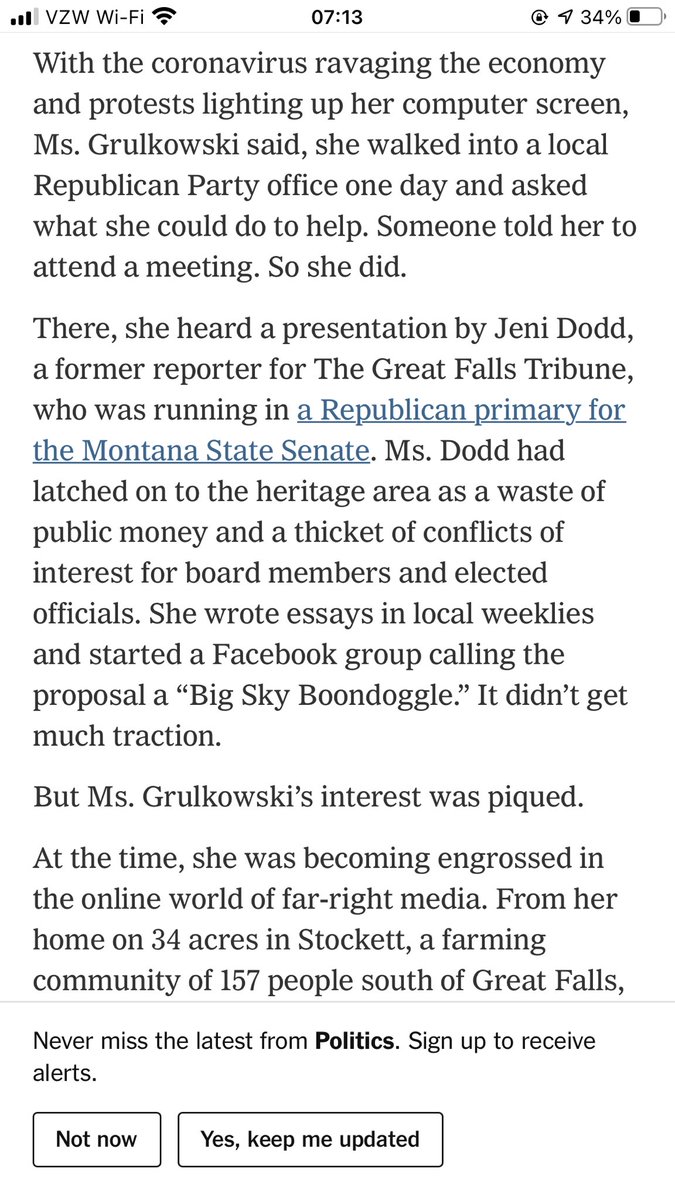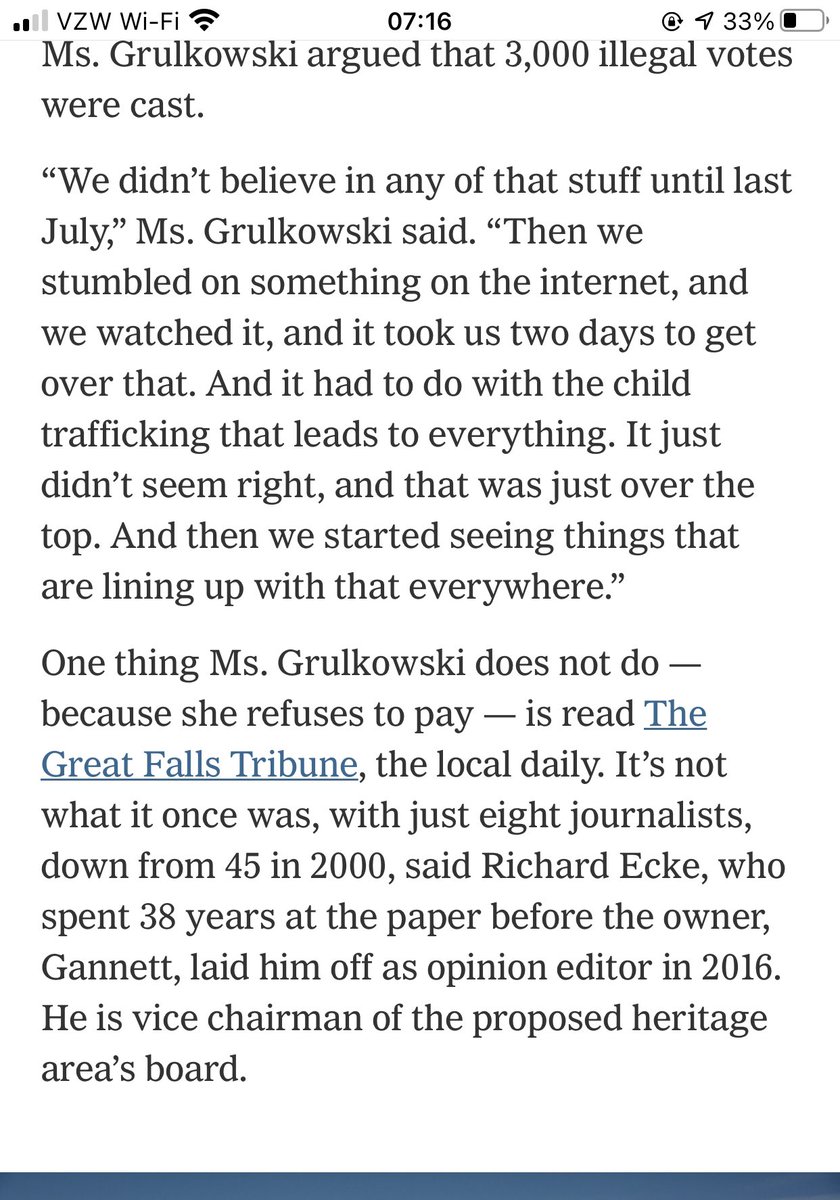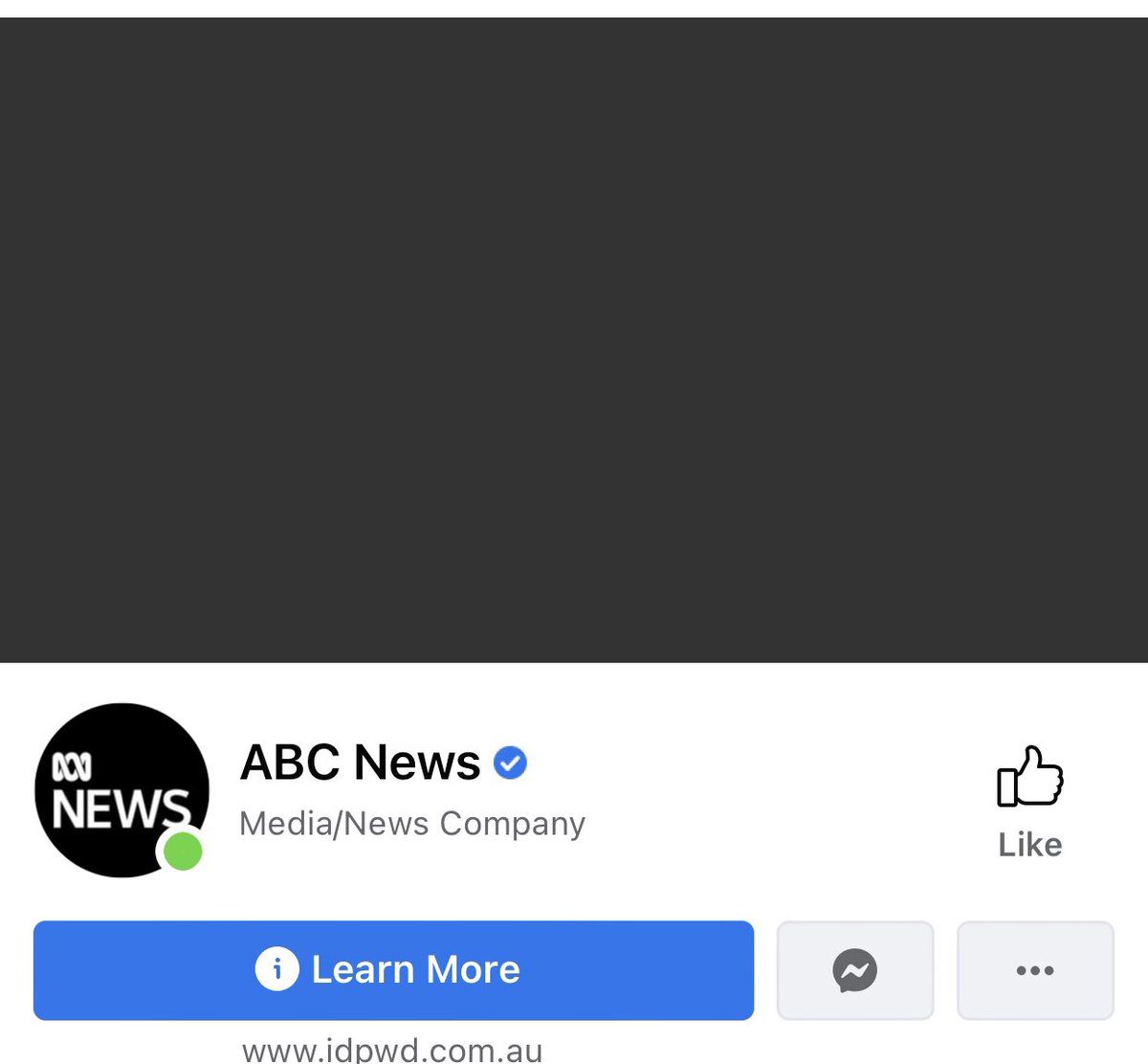
Prof + Director - Tow Center for Digital Journalism, Columbia J School. Director, Guardian Media Group . bylines -assorted . @emilybell@mastodon (+ Bluesky)

 2 subscribed
2 subscribed

 2 subscribed
2 subscribed
How to get URL link on X (Twitter) App


 2 subscribed
2 subscribed
https://twitter.com/marleematlin/status/1593334136969666560Every morning you walk down the street and see familiar faces, people you ‘know’ talking about things of interest in your ‘neighborhood’, be it academic Twitter, Black Twitter, journo Twitter etc.,

 digitalcommons.law.ggu.edu/cgi/viewconten… for those interested in why Sir Matthew Hale’s views on abortion are suddenly relevant
digitalcommons.law.ggu.edu/cgi/viewconten… for those interested in why Sir Matthew Hale’s views on abortion are suddenly relevant 






 This hurts publishers - sure. But it also hurts Australian Facebook users in terms of their quick access to news information . There is NO ‘connecting people for a better world’ in this behaviour or hesitancy over possible harms. Just a ‘fuck you and your legislation’ . Okay.
This hurts publishers - sure. But it also hurts Australian Facebook users in terms of their quick access to news information . There is NO ‘connecting people for a better world’ in this behaviour or hesitancy over possible harms. Just a ‘fuck you and your legislation’ . Okay.

